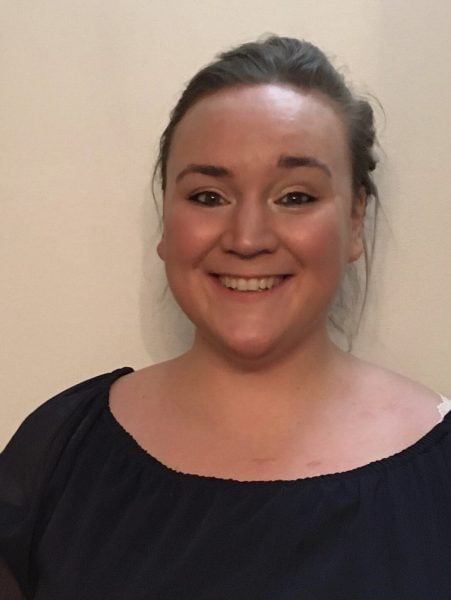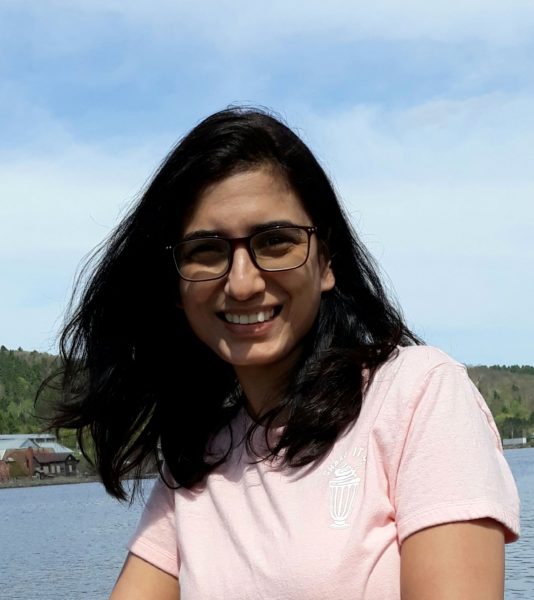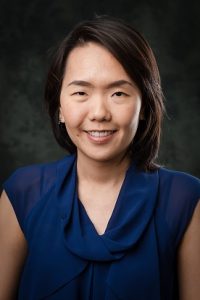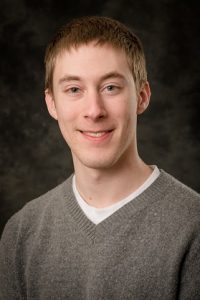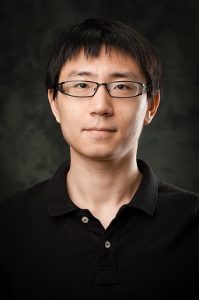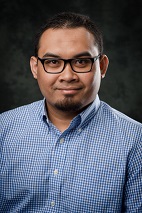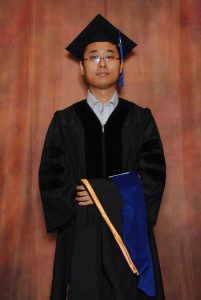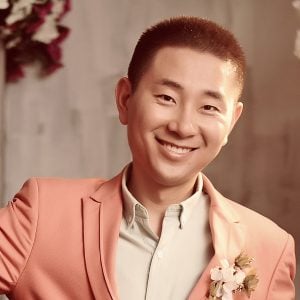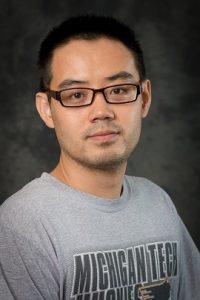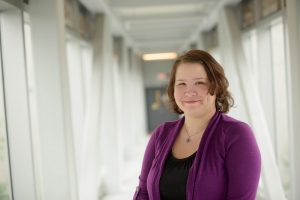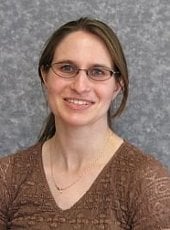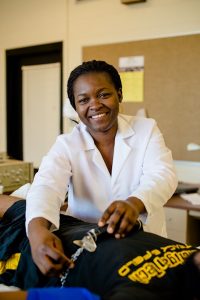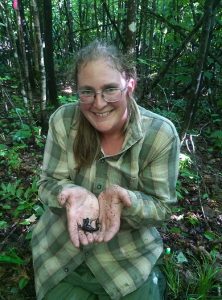I come from Dhaka, the heart of beautiful Bangladesh where I obtained a BS in computer science and engineering from the Military Institute of Science and Technology. I was very keen to understand how to make human-system interaction more efficient, and therefore I started my journey for graduate studies in the Department of Cognitive and Learning Sciences at Michigan Tech in the summer of 2018. I completed my master’s degree in Applied Cognitive Science and Human factors in 2020 and currently, I am pursuing my Ph.D. in the same department under the supervision of Dr. Shane T. Mueller. I recognize myself as a human factors researcher working closely in the interdisciplinary area of public health, artificial intelligence (AI), and cognitive psychology.
I am exploring the human factors issues in patient-AI interactions within the context of diagnostic healthcare. Working on my master’s thesis, I found the empathetic aspects are important in physician-patient communication and it may have some prospects within AI-patient communication as well. While it is very challenging to incorporate cognitive empathy elements within an artificial agent, I started thinking about how this issue can be addressed and chose these research questions to pursue my dissertation, I have extracted cognitive empathic elements of patient-physician communication by interviewing first-time mothers to understand their interactions with their physicians and midwives. Currently, I am examining the effectiveness of these elements within the context of patient-AI communication. My research objective is to bridge the gap between patient and AI using cognitive empathy elements, develop common ground in patient-AI communication, and help people trust the available AI resources.
I am extremely grateful to the Portage Health Foundation (PHF) for acknowledging my work with patient-physician communication by awarding me the graduate assistantship for Summer 2022. I would also like to express my gratitude to my advisor Dr. Shane T. Mueller for guiding me at every step in the last 4 years. I thank the Institute of Computing and Cybersystems (ICC) for supporting my research, also each and everyone in the department of Cognitive and Learning Sciences for providing me with a wonderful and friendly environment to grow as a person and a researcher. With this assistantship, I believe I will make good contributions to the health research for the community by developing resources for expecting mothers based on my research so that they may build a rapport with their providers. The assistantship will also help me to exclusively focus on my dissertation and work towards achieving my goals.
Michigan Tech gratefully acknowledges support from the Portage Health Fountain for the PHF Graduate Assistantship.

